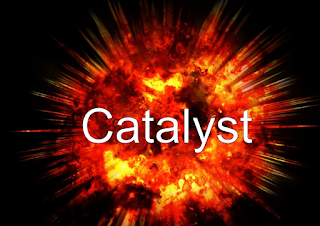I was working with the 1B writers which are my target group for my inquiry. I had had them for a few weeks and they seemed to be doing well with the gifted language and creating sentences with support.
I decided that I would Language learning and that I wanted to give them choice as these were two big things we had talked about in our PLG. I created an explain everything with lots of gifted words and sound bites for each gifted word or phrase. The first lesson went really well but what I found was that there was so much choice and so many new words that the children felt overwhelmed and only those with the ability to face challenges head on kept going and the rest became highly dependant on me.
This writing task really made me question myself. One thing I did find work was students recording their sentences and using this to help them write, almost like a self created dictation. It allowed for a clear connection between speech. I also found when gifted words were connected with a meaningful picture they were more likely to be remembered.
I still have a lot to learn in terms of languaging learning, especially in writing. I would love to hear what others are doing so please leave me a comment.









